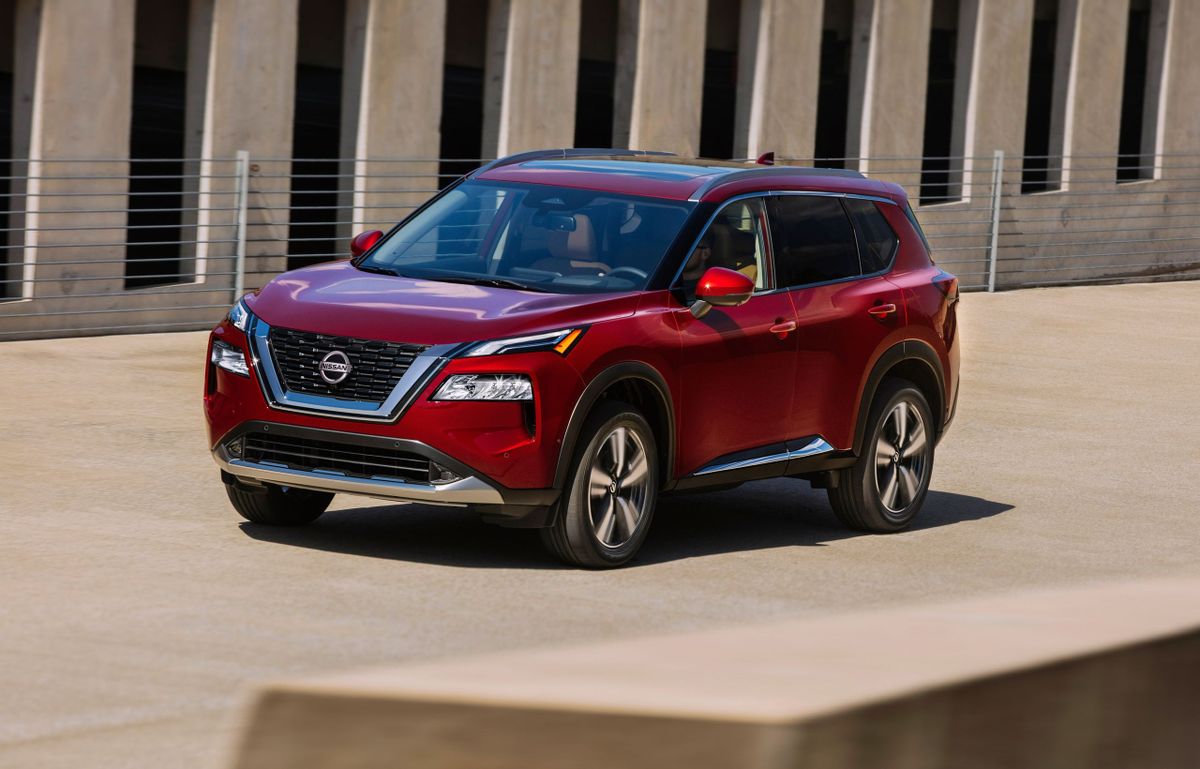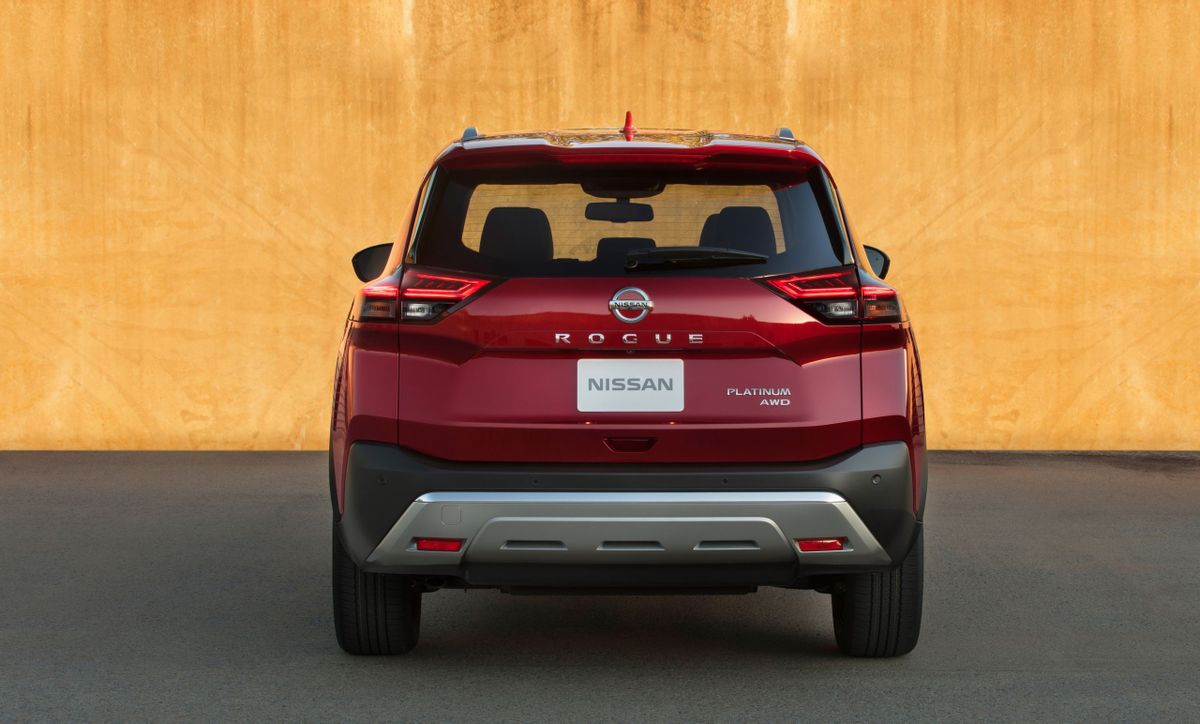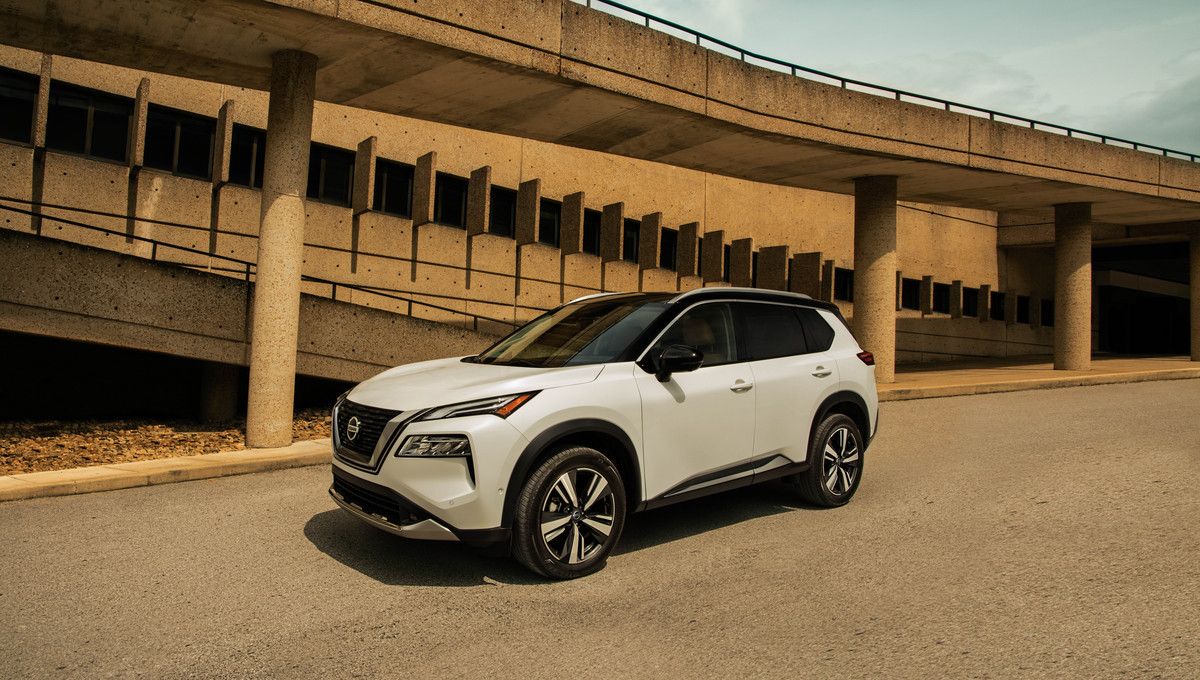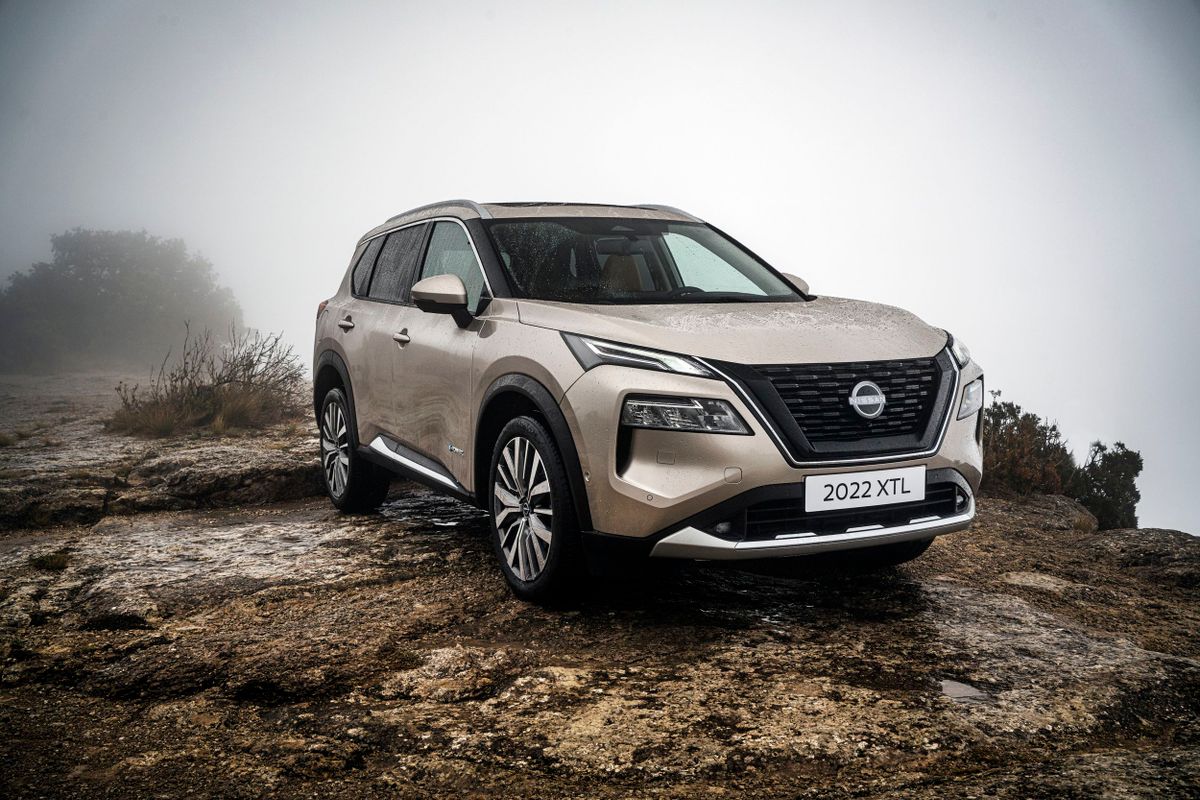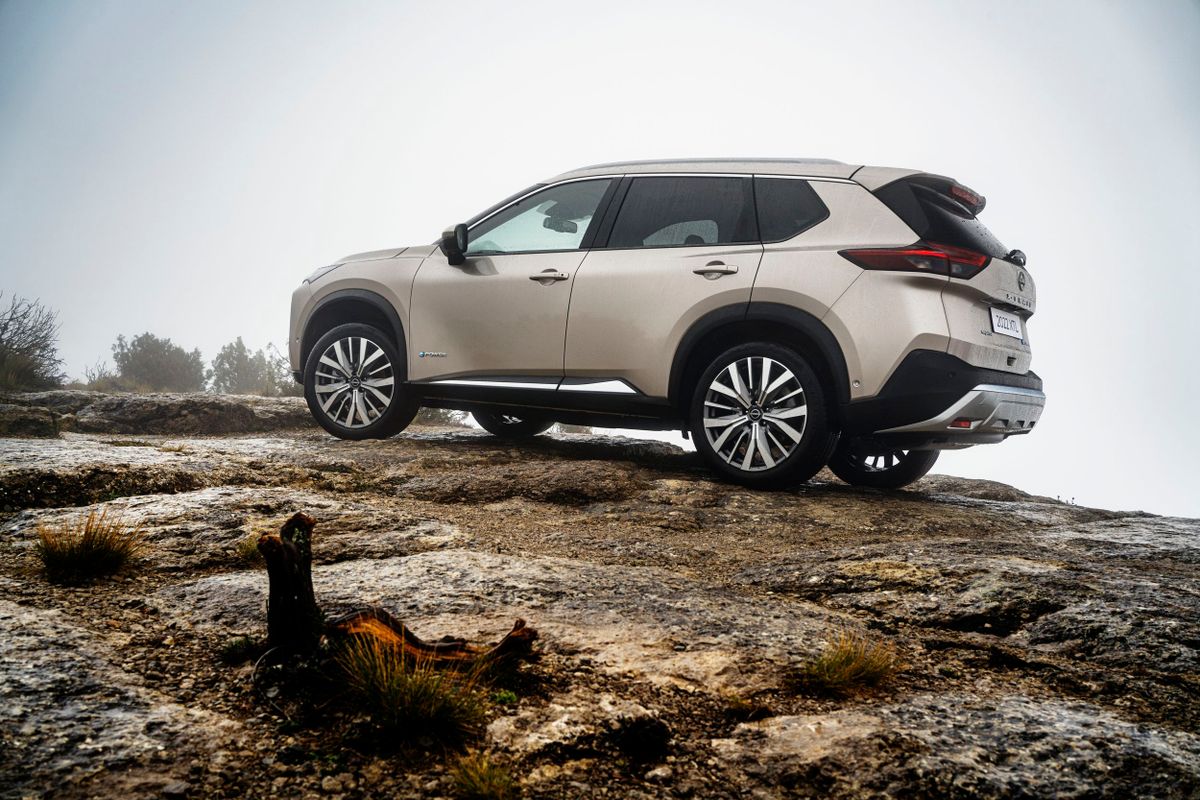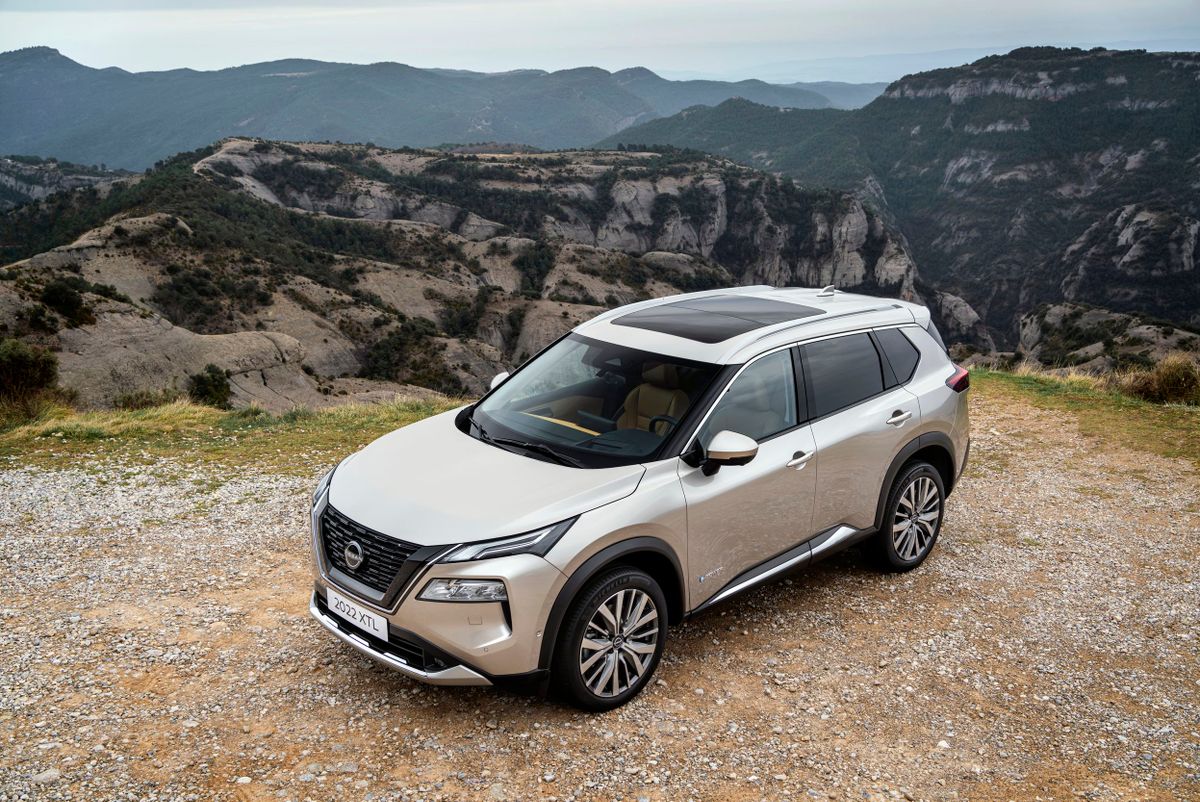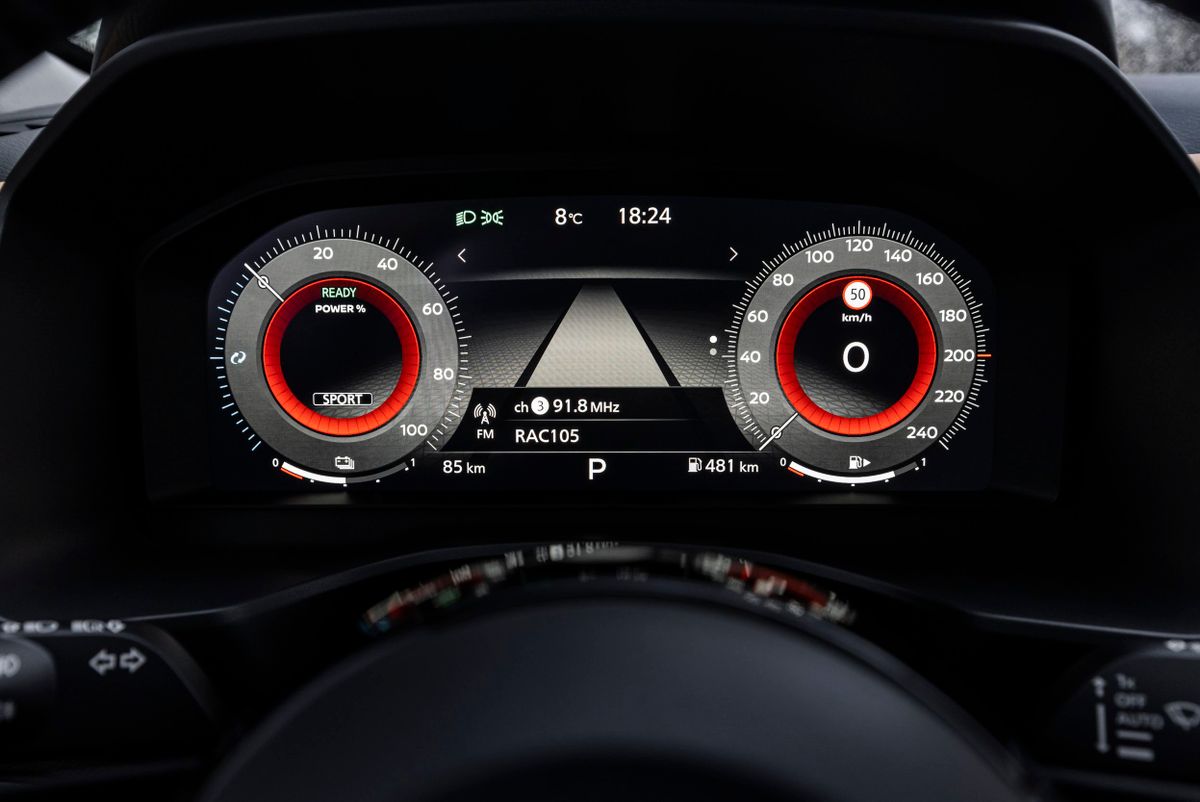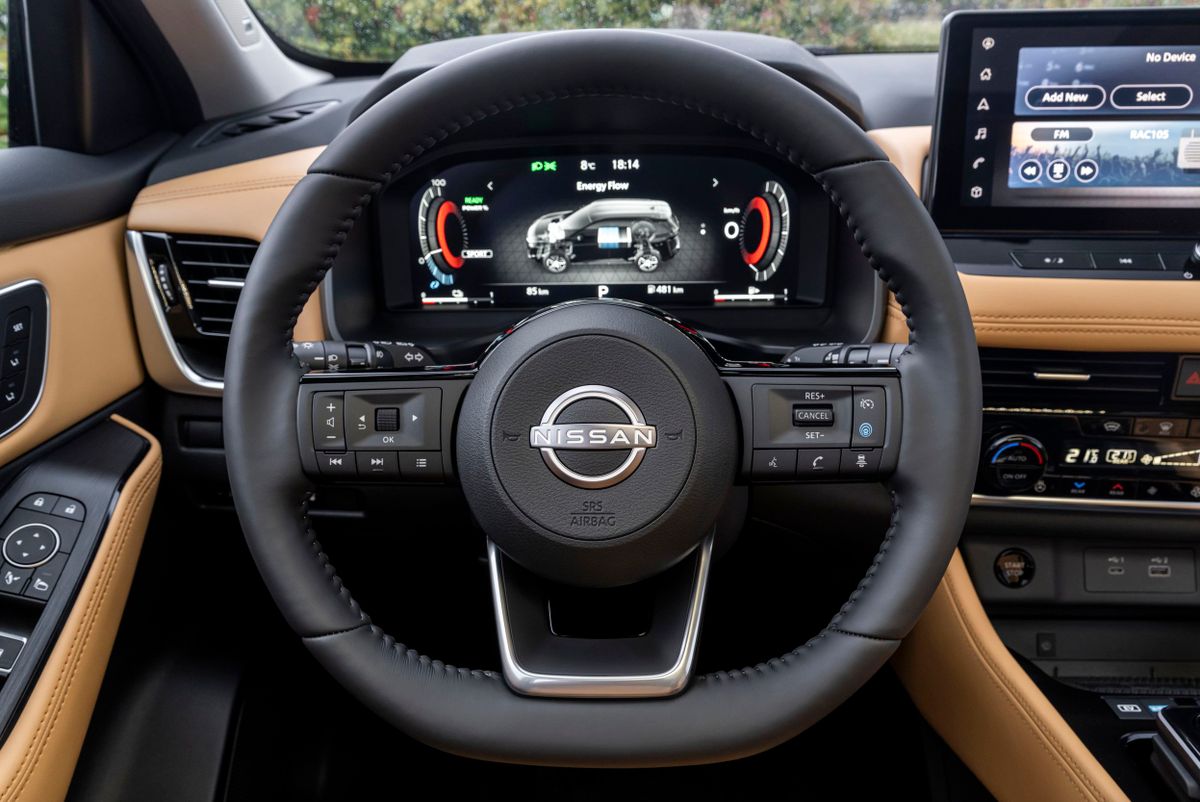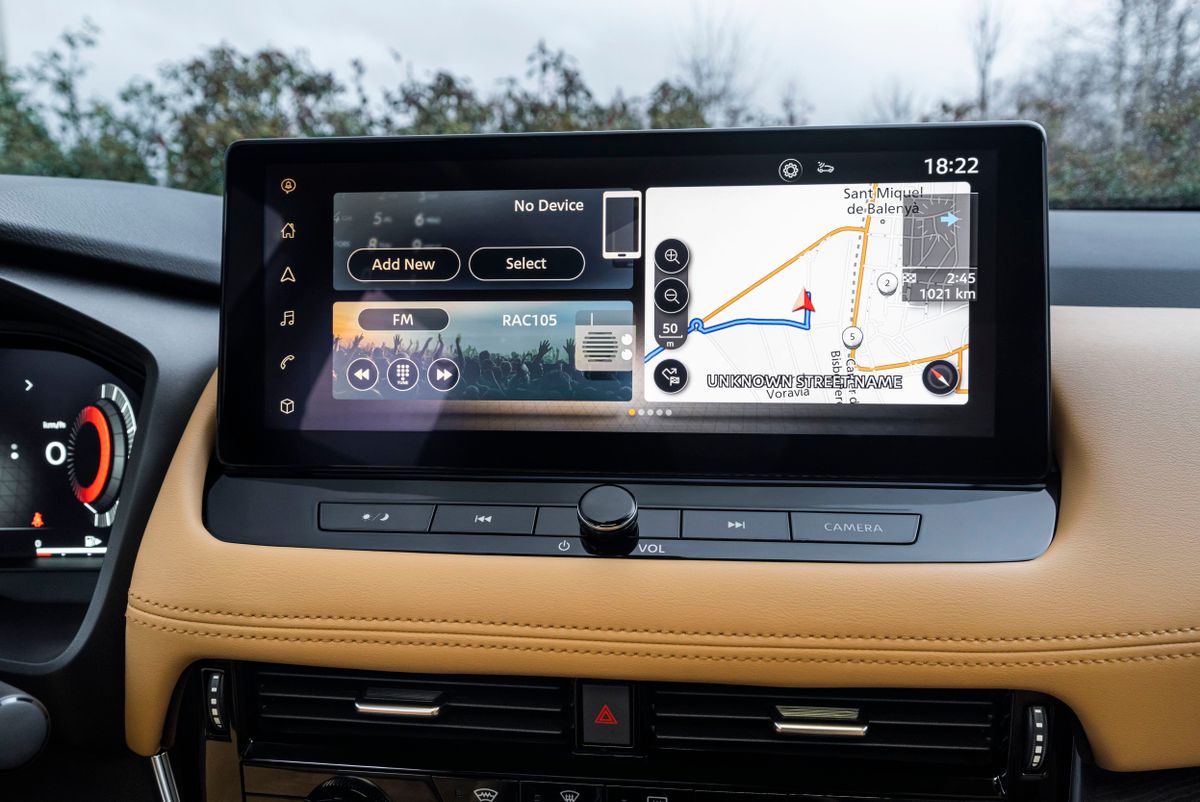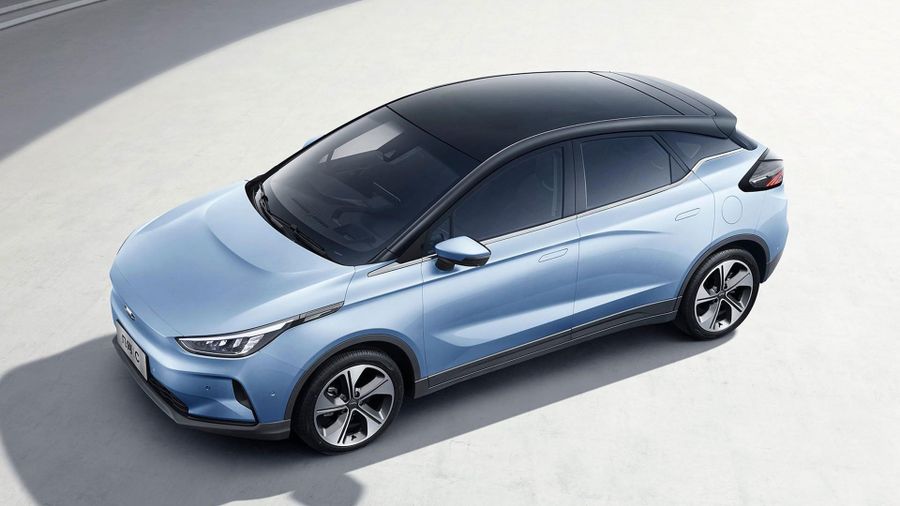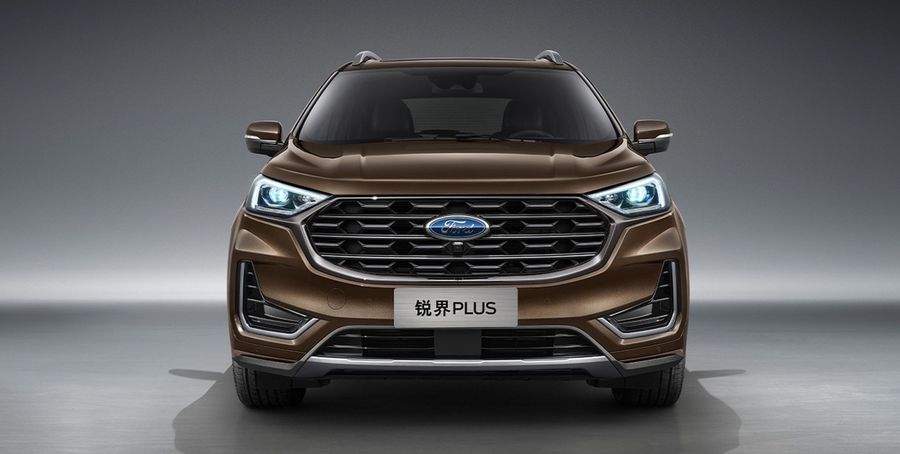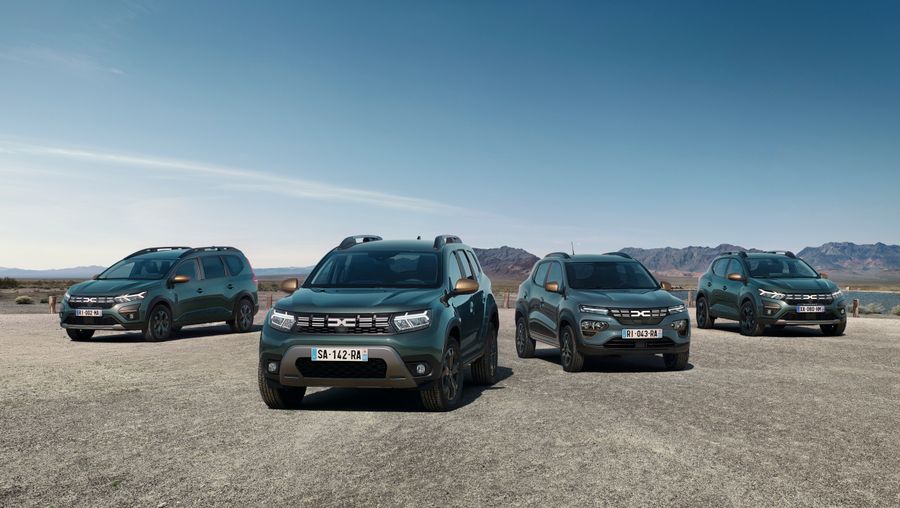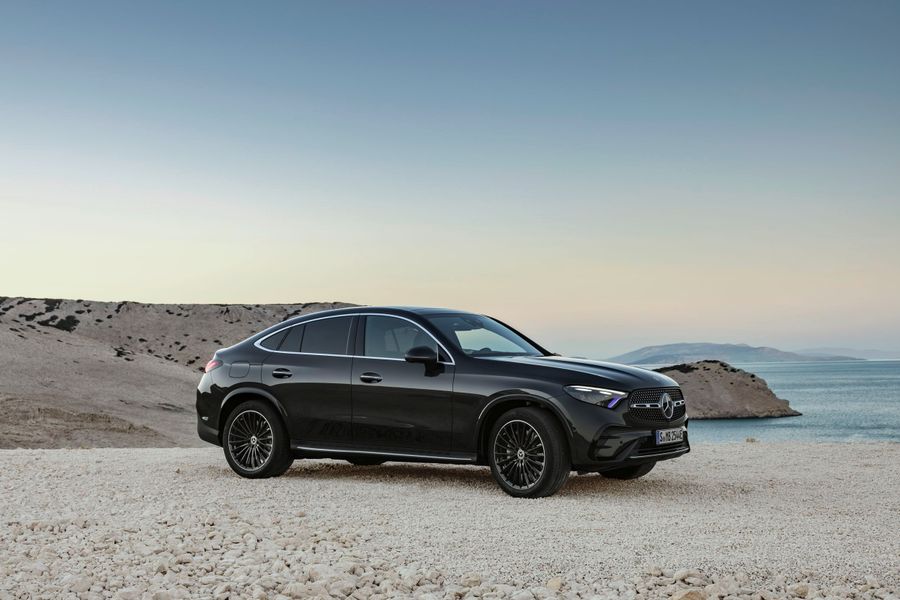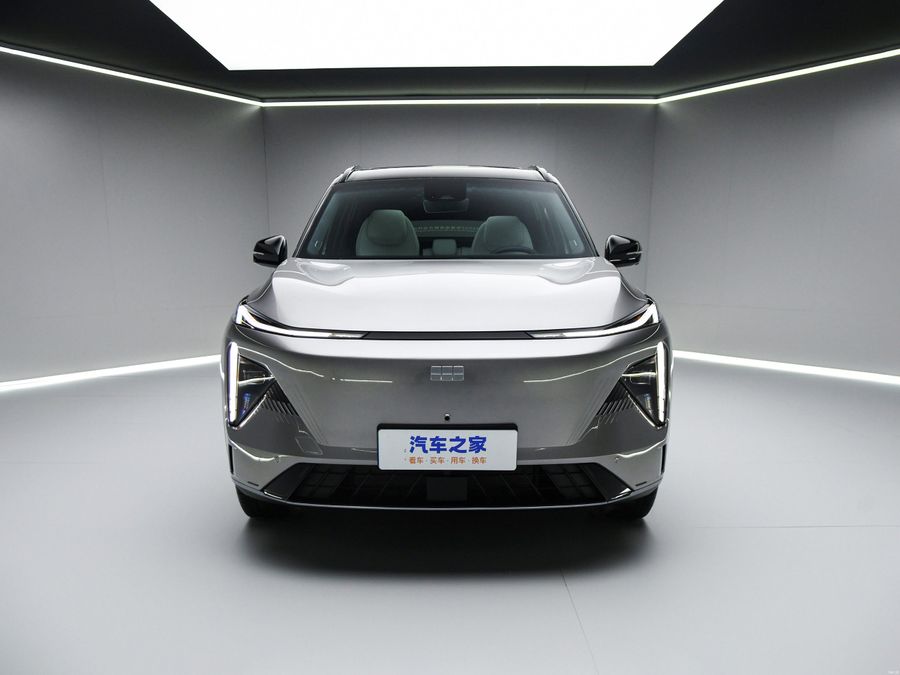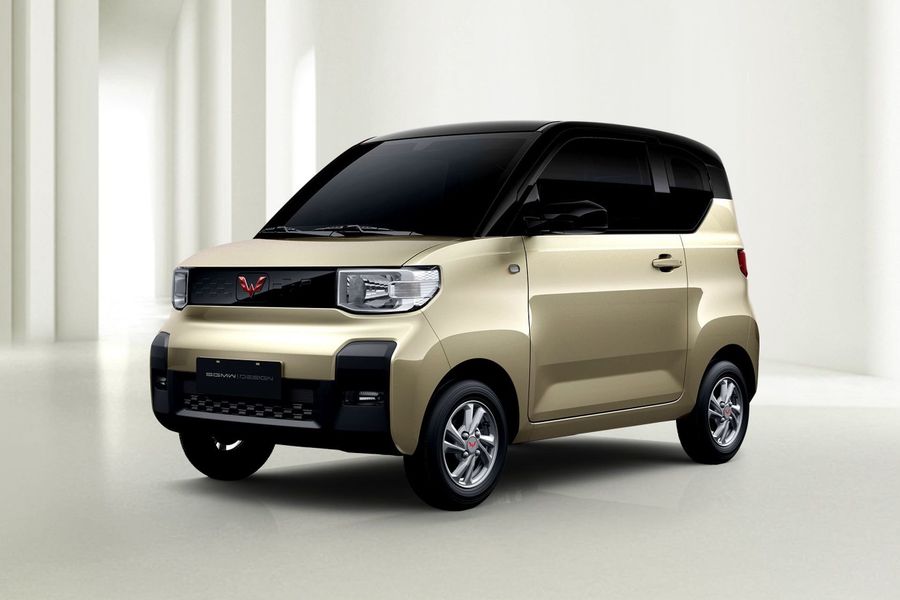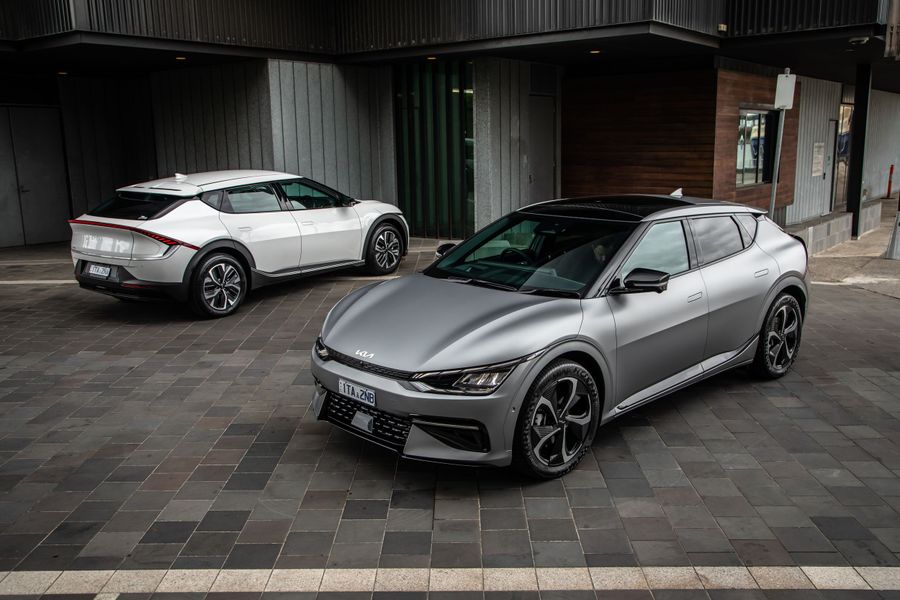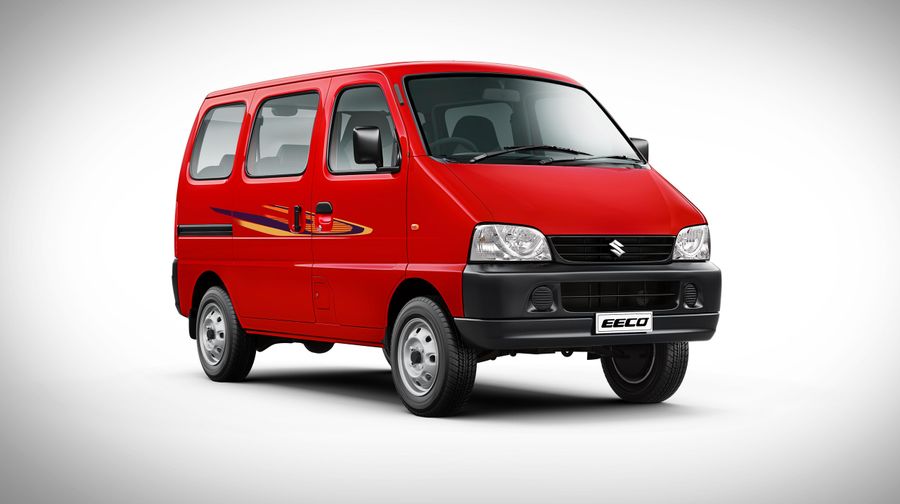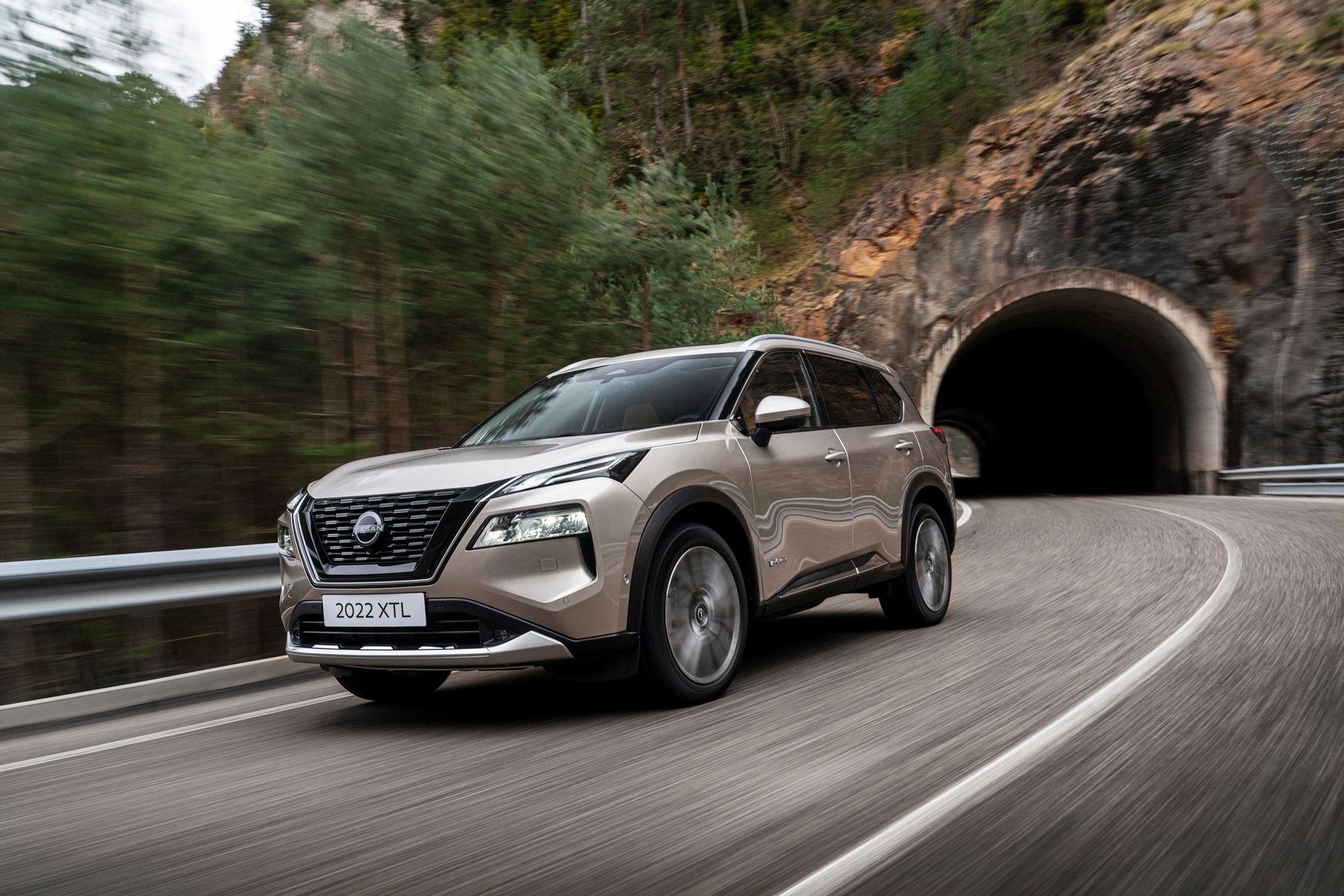
Meet the new Nissan X-Trail in Israel
The Nissan X-Trail is the first SUV that was released by the Japanese company back in 2000. The vehicle turned out to be successful and balanced, and is still successfully sold around the world. The current, fourth generation debuted in the summer of 2022. And only in 2023, the novelty is finally available in Israel. Meet the new Nissan X-Trail in Israel: 5 or 7-seater versions, two powertrains to choose from, including a series plug-in hybrid, and as many as four trim levels. The price starts from 198,990 to 274,990 shekels.
In the US, the 4th generation Nissan X-trail was introduced in the summer of 2020 under the name Nissan Rogue. In the spring of 2021, the version with the global name X-Trail debuted in China.
Exterior
The new Nissan X-Trail is distinguished by two-story optics designed in a distinctive corporate style. Although it is based on the same platform as the previous SUV, the body has become longer. It has grown by 41 mm up to 4,681 mm. Moreover, the vehicle has become 2 cm wider (1,840 mm) and higher (1,730 mm). At the same time, the wheelbase is the same 2,706 mm. The rear doors are new and now open wider, which is very handy.
Interior
The SUV comes with a 12.3-inch dashboard. The entry-level versions feature a 8-inch multimedia system screen compatible with Android Auto and Apple CarPlay, while the top-end versions offer a 12.3-inch screen. Of special note is the central tunnel in two levels, with a roomy box for keys, as well as a stylish transmission joystick. The front seats are electrically adjustable with position memory and heating. As for the optional third row, it is only suitable for children: even the low backs hint at this. And it is unrealistic to fit a full row in the trunk with a volume of only 585 liters.
Trim levels
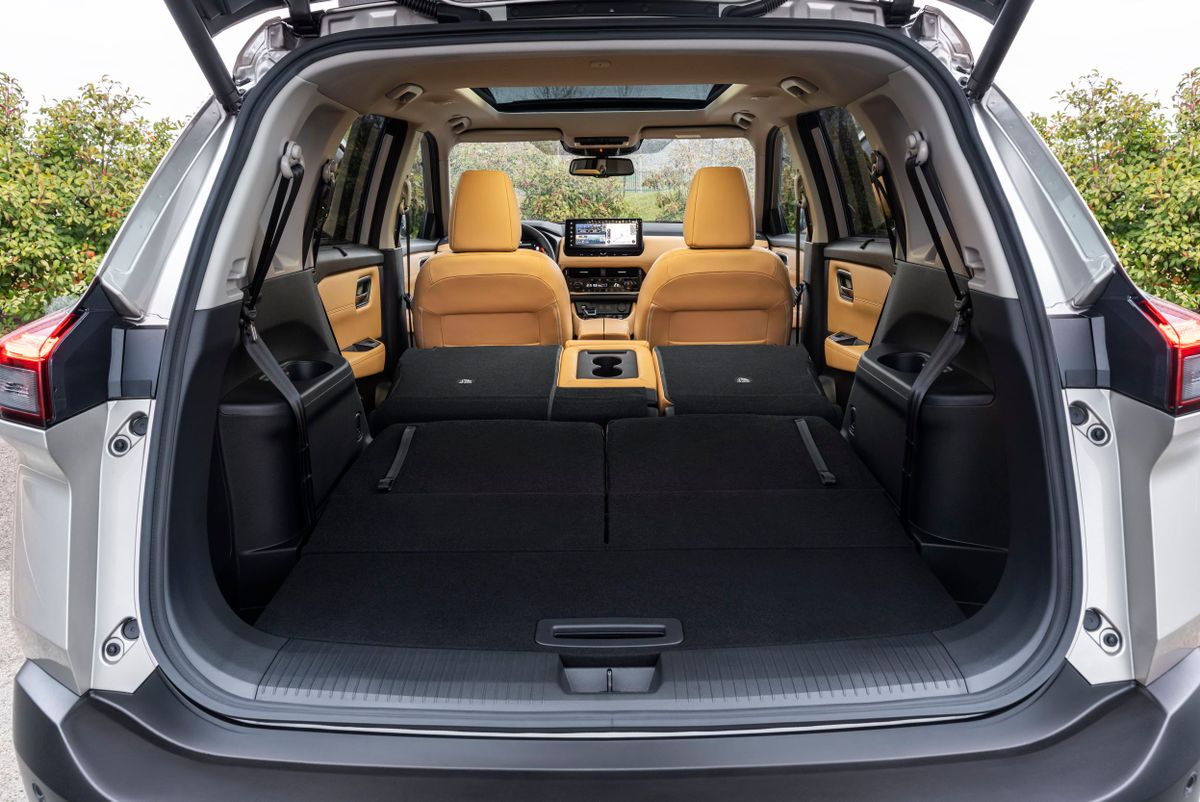
The 2023 Nissan X-Trail is offered in four trim levels: the entry-level Vision, the more expensive Asante Top and Asante Tech, and the top-end Tekna. Standard equipment includes: climate control, electric handbrake, 18-inch alloy wheels, light and rain sensors, rear parking sensor. The list of options includes all-round cameras, a panoramic roof and ProPilot adaptive cruise control (level 2 autopilot), a BOSE sound system, a power trunk, all-LED optics, interior lighting and faux leather trim. The top-end trim level has a head-up display, wireless smartphone charging, 3-zone climate control. The price of the cheapest version, the 7-seater Nissan X-Trail Vision 1.5 Turbo, starts at 198,990 shekels. The most expensive all-wheel drive plug-in hybrid Nissan X-Trail Tekna e-4orce, also 7-seater, will cost 274,990 shekels.
Safety
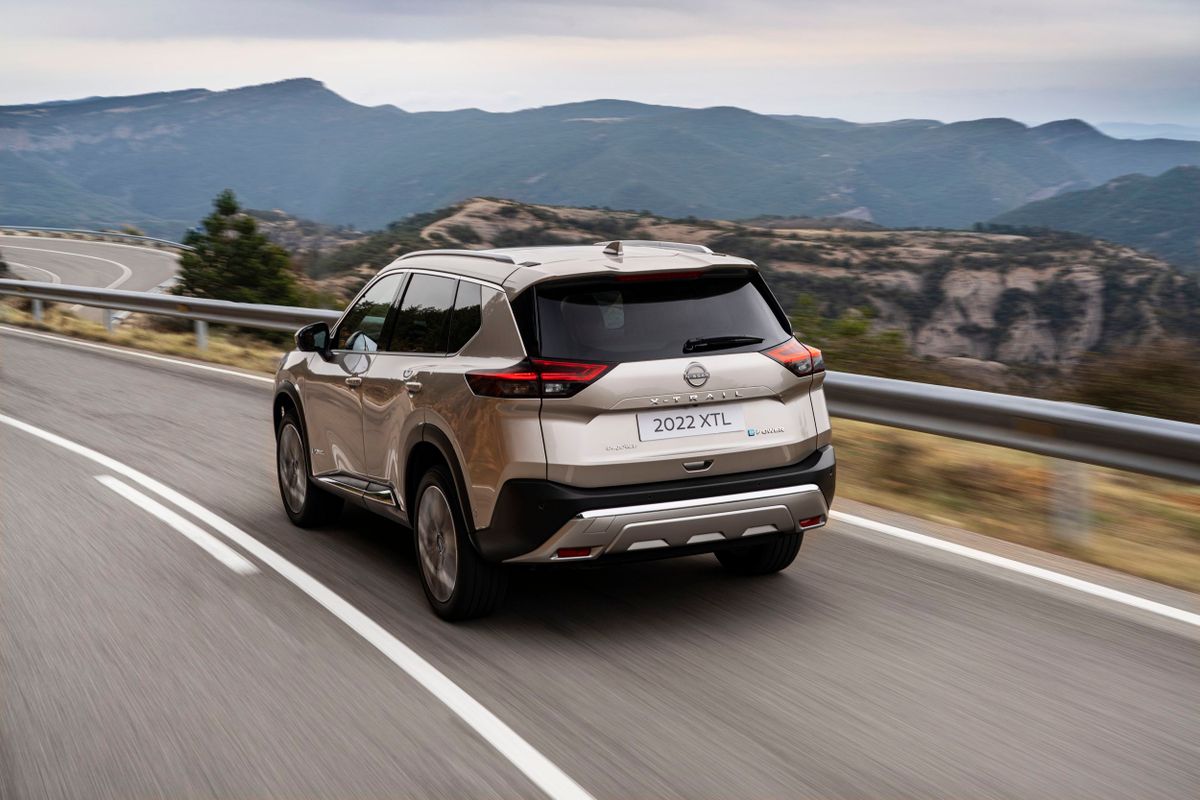
As for safety systems, the entry-level version has a lane keeping assist system, adaptive cruise control with a traffic jam assistant, traffic sign recognition, a blind spot monitoring system, including control of situation behind the vehicle, etc. The Asante Tech version adds object detection around the vehicle, and the Tekna also has an automatic parking system.
Powertrains
Nissan planned 3-cylinder engines for its new model. The entry-level 2023 Nissan X-Trail features a 1.5-liter VC-Turbo gasoline engine with a variable compression ratio that can range from 8:1 to 14:1. High technology made it possible to obtain the power of 163 hp and a torque of 305 Nm. The unit is complemented by a 12-volt mild-hybrid superstructure. This modification is equipped with an Xtronic CVT, which transmits traction to the front axle. The average fuel consumption is 7.1 liters per 100 km within the WLTC cycle.
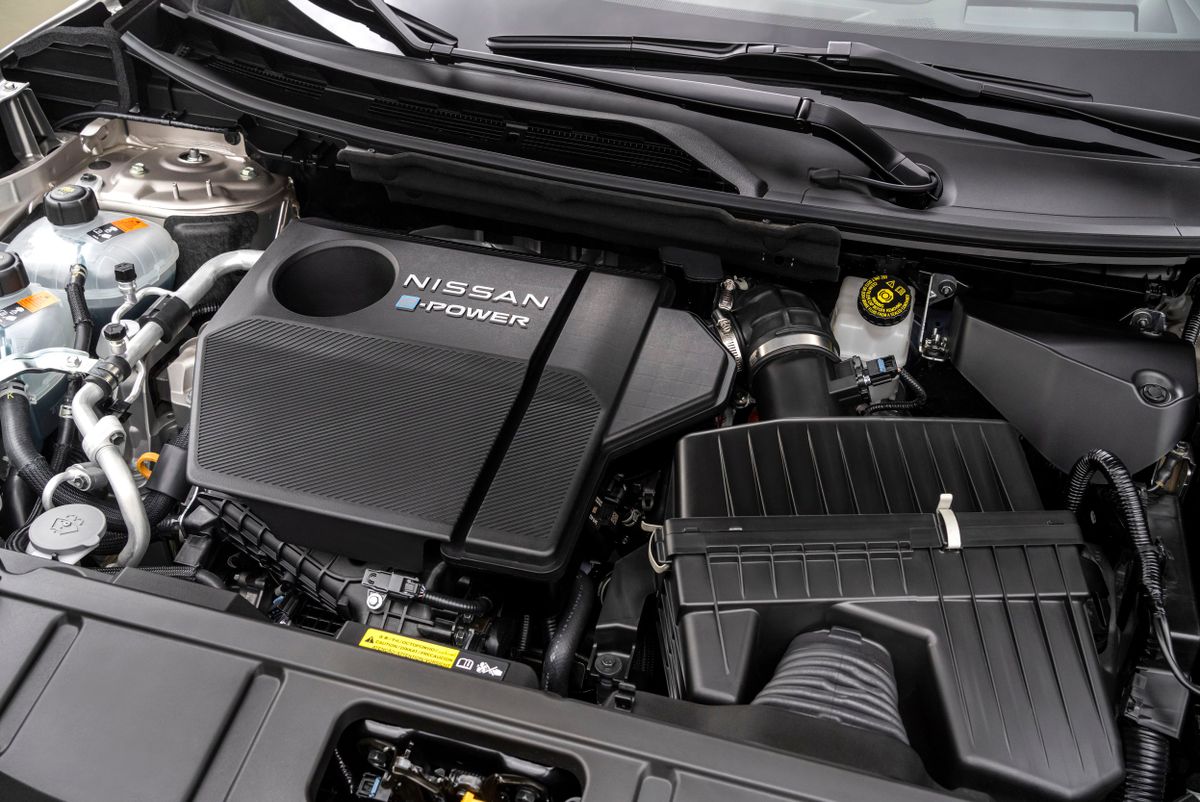
The Nissan X-Trail e-Power is interesting: it’s a series plug-in hybrid that runs on electricity from a traction battery. It is powered by the same 3-cylinder engine acting as a generator. The electric motor produces 204 hp and 330 Nm, transferring traction to the wheels through a single-stage gearbox. The e-Power system can be combined with both front-wheel drive and all-wheel drive. In the second case, the system is branded as e-4orce and already consists of two electric motors with the total output is 213 hp, although the rear engine is capable of producing 128 hp. The average fuel consumption of the front-wheel drive version is 5.8 liters per 100 km, for the all-wheel drive version it reaches 6.4 liters per 100 km. The dynamics of the hybrid is better than that of the gasoline model: the front-wheel drive version accelerates from 0 to 100 km/h in 8 seconds, while the all-wheel drive version does it in 7 seconds. The maximum speed is limited to 170 or 180 km/h, respectively.


